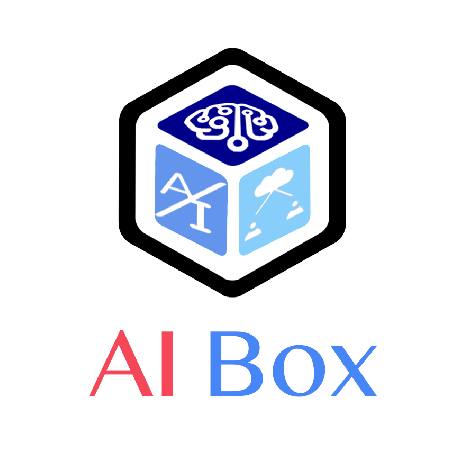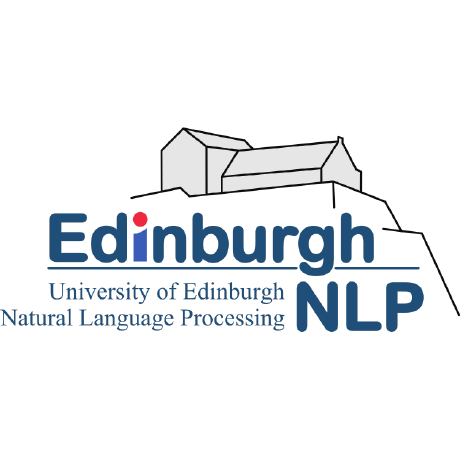Discover and explore top open-source AI tools and projects—updated daily.
selfcheckgpt by  potsawee
potsawee
Hallucination detection research paper for generative LLMs using black-box methods
Top 54.3% on SourcePulse
SelfCheckGPT provides zero-resource, black-box hallucination detection for generative LLMs. It's designed for researchers and developers evaluating LLM outputs, offering sentence-level consistency scores without needing access to the LLM's internal workings or training data.
How It Works
The library implements several variants of the self-check approach: BERTScore, Question-Answering (MQAG), n-gram, NLI, and LLM-Prompting. These methods compare a generated passage against multiple sampled variations of the same passage. For instance, BERTScore measures semantic similarity, MQAG generates and answers questions about the text, n-gram checks for distributional shifts, NLI assesses entailment/contradiction between sentences and samples, and LLM-Prompting uses another LLM to judge consistency. This ensemble of techniques allows for robust hallucination detection by leveraging different linguistic and semantic signals.
Quick Start & Requirements
- Install via pip:
pip install selfcheckgpt - Requires
torchandspacy. Download a spaCy model (e.g.,python -m spacy download en_core_web_sm). - GPU with CUDA is recommended for performance.
- See demo notebooks for detailed usage examples: demo/SelfCheck_demo1.ipynb
Highlighted Details
- Offers five distinct hallucination detection methods: BERTScore, MQAG, N-gram, NLI, and LLM-Prompting.
- SelfCheck-Prompt using
gpt-3.5-turboachieved the highest performance (AUC-PR 93.42 for NonFact) on thewiki_bio_gpt3_hallucinationdataset. - Includes an implementation of MQAG (Multiple-choice Question Answering and Generation) from prior work.
- Provides access to the
wiki_bio_gpt3_hallucinationdataset via Hugging Face Datasets or direct download.
Maintenance & Community
- Paper accepted at EMNLP 2023.
- Codebase appears actively maintained with recent updates and analysis.
- No explicit community links (Discord/Slack) are provided in the README.
Licensing & Compatibility
- The README does not explicitly state a license. The repository name and common practice suggest it might be MIT or Apache 2.0, but this requires verification.
- Compatibility for commercial use is dependent on the unstated license.
Limitations & Caveats
- The N-gram method's scores are not bounded, unlike BERTScore and MQAG.
- LLM-Prompting requires API keys for services like OpenAI or Groq, or local setup for HuggingFace models, introducing external dependencies and potential costs.
- The effectiveness of NLI and LLM-Prompting methods relies on the quality of the underlying NLI model and the prompted LLM, respectively.
1 year ago
Inactive

 prometheus-eval
prometheus-eval LuckyyySTA
LuckyyySTA obalcells
obalcells VITA-MLLM
VITA-MLLM shikiw
shikiw KRLabsOrg
KRLabsOrg RUCAIBox
RUCAIBox ahans30
ahans30 jlko
jlko EdinburghNLP
EdinburghNLP vectara
vectara stanford-oval
stanford-oval